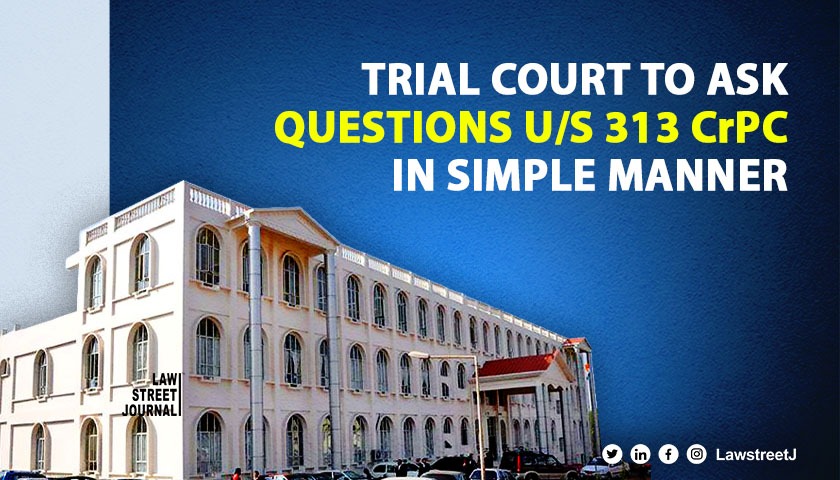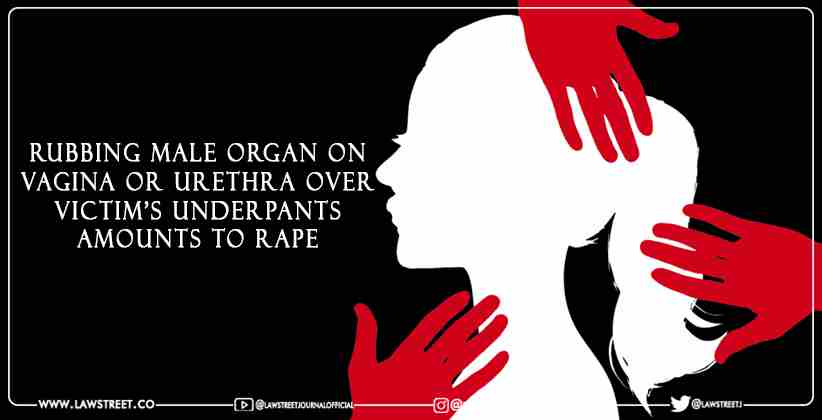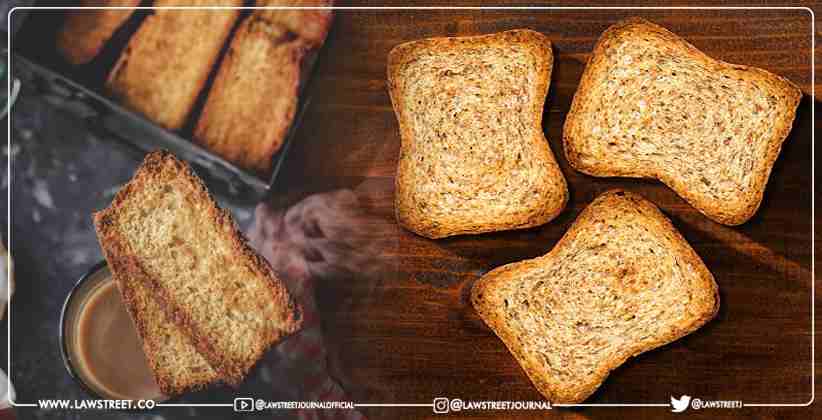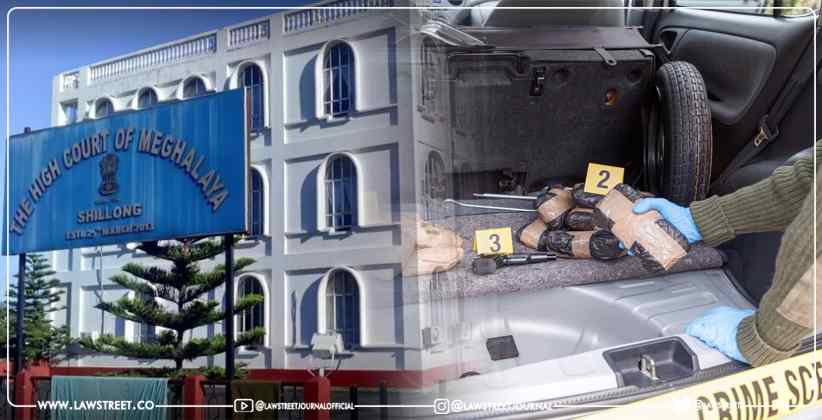SHILLONG: The Meghalaya High Court has clarified that while judges pose questions to the accused under section 313 of the Code of Criminal Procedure, it must be in way that even an ignorant or illiterate person can understand.
The object of Section 313 Cr.P.C. is to afford the accused a fair and proper opportunity of explaining circumstances appearing against him and the procedure adopted by trial court in discharging its duty towards the object of Section 313 Cr.P.C. must be couched in a form which an ignorant or illiterate person may be able to appreciate and understand, Justice B. Bhattacharjee said.
As per section 313, Courts are empowered to examine the accused during an inquiry or trial, to enable the accused personally to explain any circumstances appearing in the evidence against him.
The Court was hearing a criminal appeal against the judgement of a Special Judge (POCSO)/Additional District under the Protection of Children from Sexual Offences Act, 2012 (POCSO Act). The appellant was convicted and sentenced to seven years of rigorous imprisonment and a fine of Rs. 10,000 for committing offences under the POCSO Act against a 10-year-old boy.
In the case before the subordinate court, the appellant was examined under 313 CrPC after completion of the prosecution witness. The appellant declined to adduce any defence witness.
The matter was finally heard thereafter by the Trial Court and the impugned judgment and order of conviction and order of sentence was passed.
The Court noted that the appellant, in his statement under Section 313 Cr.P.C, stated that he was present in the place of occurrence and also that he slept with the survivor on that night. He was also known was Bhutt, the trial court was told. However, he denied to have committed the alleged offence.
A perusal of the statement of the appellant under Section 313 Cr.P.C. shows that as many as 18 questions, running into 4 (four) pages, were put to the appellant and the statement was recorded on 12- 04-2022, the Court noted while adding that the how and when the statement of the appellant was recorded under Section 313 Cr.P.C is important.
It was highlighted that since the accused was an illiterate person, he must have required a careful and attentive approach of the Trial Court at the time of recording of his statement.
Further, the High Court noted that the Trial Court was misled in placing reliance on statement under Section 164 Cr.P.C, which is not substantive evidence and cannot be relied solely for conviction. Also, the Court noted that the presumption under Section 29 of the POCSO Act (Presumption as to certain offences) requires foundational facts to be established by the prosecution with legally tenable evidence, the court added, among other factors.
Under our system of justice, no person can be punished unless legal proof is adduced in a Court of law to establish that he has committed the crime for which he has been charged. Suspicion, however strong does not amount to legal proof. In the absence of legal proof that the appellant had committed the offence, the Court has no option but to give benefit of doubt to the appellant.
Since the facts and situation in the present case showed a lack of proper application of procedure of law, the rendering the entire statement of the appellant is defective and perfunctory, it was held. Resultantly, considerations of answers of the appellant given in his statement under 313 Cr.P.C. by the learned Trial Court while passing the impugned judgment and order of conviction was not valid, the Court held before parting with the judgement.

















